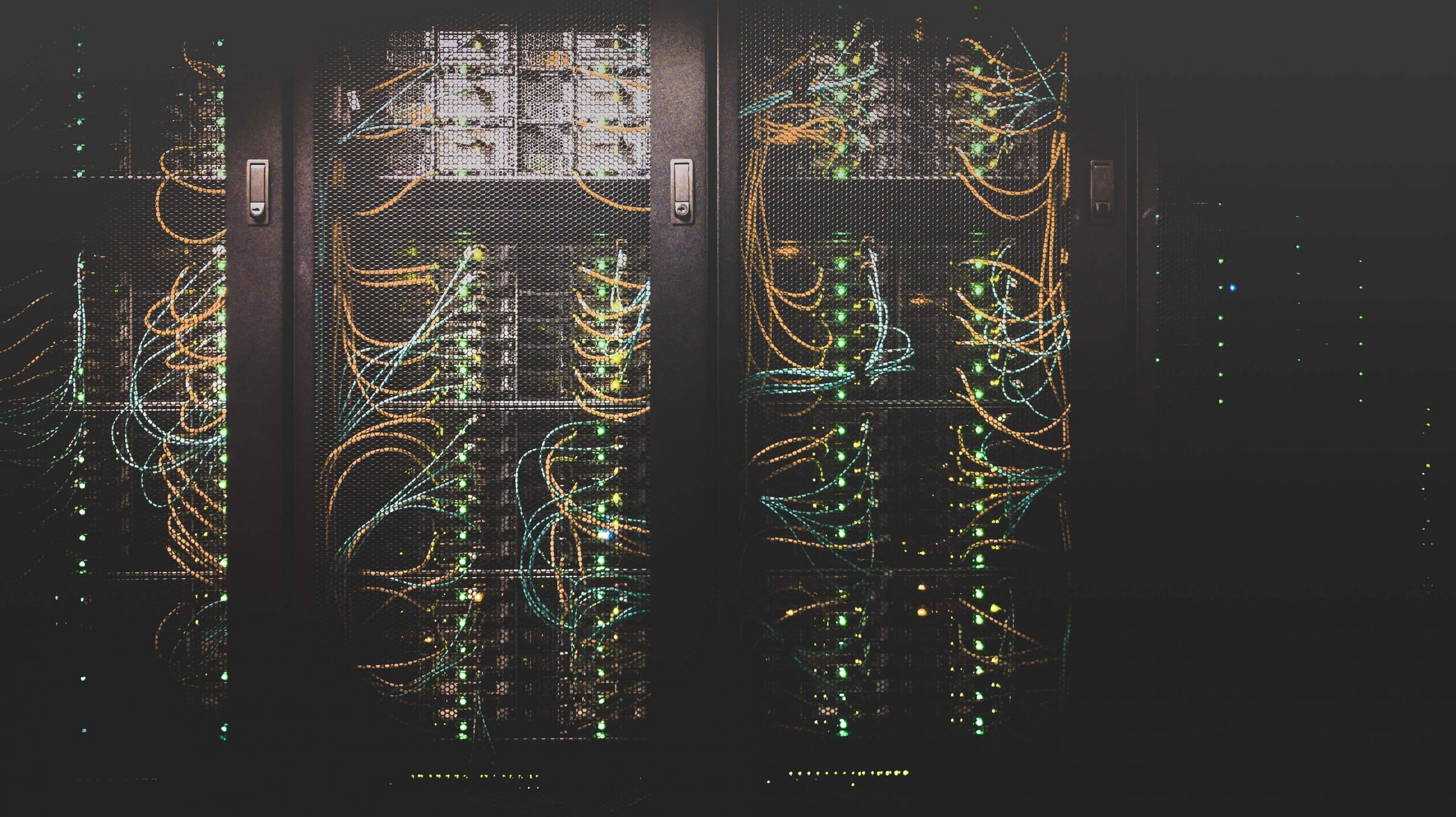Ever since the pandemic hit the world, the concept of hosting virtual events has become very important. Today, the entire world is taking their notable events online. When it comes to the corporate sector, various events like conferences, meetings, concerts, town halls hold great importance for various organizations. Although the emergence of virtual event platforms has been very helpful for the event hosting goals, it also comes with certain risks. The biggest example is, countless webinars, meetings, and conferences were held over apps like Zoom and Google Meet, but now and then, we noticed that there were extreme security concerns. There were situations when some outsider would break into the virtual meeting and create a nuisance. Clearly, it is very important to ensure the efficacy of security features in any type and format of the virtual event. Let’s move ahead and explore everything related to this concern.
Significance of Security Features in Virtual Networking Events
Virtual Networking Events for companies include a lot of data, information, and details that are of security concerns. People from various backgrounds, industry and organizations attend these events. Apart from the networking-related communications and interactions, there can be an exchange of important information between the attendees that they would not want to reveal.
Another example is: if your virtual event has trade or exhibit booths and a hacker hijacks the event, they can easily get the record of all the chats and conversations that took place between your attendees and exhibitors. Sometimes, these hacking and cyber crimes are well-planned to spoil your reputation and fulfil your aims. Hence, security holds great significance when it comes to hosting Virtual Networking Events. Read on to explore some of the top ways to ensure an online event with the best security features.
Best Practices to Ensure Security at Your Virtual Networking Event
#1 Ensure Accessibility Controls
It is one of the most important practices in the process to guarantee security at your virtual events. You have to make sure that you know exactly who is participating in your event. From who the people are, to the total number of people attending your event, you need to know everything. One vital activity that can ensure accessibility control at your online networking event is making pre-event registrations necessary. Another practice is, if you are hosting a close meeting, you can provide each attendee with their own links and codes that nobody else will know. These codes will only let your registered participants in.
#2 Choose a Secure Virtual Networking Platform
Choosing a suitable virtual event platform is one of the most important practices that can help you meet your required goals. Various virtual event platforms render their users top-notch security features at virtual events. For example, Dreamcast provides you with a highly customizable, robust, and secure virtual event platform. It ensures end-to-end encryption to all your data and assures you a smooth online networking event.
#3 Ensure Network Security
At times, it is because of the weak network that it becomes easy for the hackers to get into the event. Networking security refers to the activity of protecting and preventing any intrusion into corporate networks. It not only focuses on individual networks but also on the interaction of these devices. Ensure networking security is especially vital for virtual events as it has a global audience joining in a common platform.
#4 Hide Streaming URLs and Shield Your Content
Content safety is another aspect that the organizers are extremely concerned about. A virtual corporate event is usually a treasure of data for hackers. You share a lot of valuable and sensitive information with your attendees at the virtual event. Therefore, hiding your content URL details from the display can help you ensure that nobody accesses your content without permission.
#5 Manage Your Guests
Make sure you manage and monitor your attendees. By ensuring that only the registered participants have joined, you can further assure a smooth event flow without any threat or risk. Also, if you find somebody you don’t recognize or somebody who didn’t register for the event, you can limit them from attending the event. Also, managing the event will help you keep an eye on the on-event activities. You can add a disclaimer to your virtual networking event and ask your participants to inform the team if there is any unrecognized or offending activity like the use of foul language.
#6 Inform Your Attendees About the Importance of Security
Another significant practice is to inform your attendees about the top methods that can help them ensure security and data safety from their end. Following are some of the top tips that your attendees must follow:
- Do not accept chat requests from unidentified emails or suspicious profiles during the event.
- Update your device with the latest security update features.
- We Do not click on suspicious embedded links during the virtual event.
- Do not use your corporate id to log in to a third-party event.
- Do not provide any additional information or data at the time of virtual events if you have already registered for the event and provided the details once.
- Ensure that your browser’s security settings are well-set and managed.
- Don’t share your details with attendees you don’t trust.
- Do not share your screen with unidentified participants.
- Log in to the event only with the provided unique URL and code.
By following these activities, your attendees can ensure security at the virtual networking event from their end.

